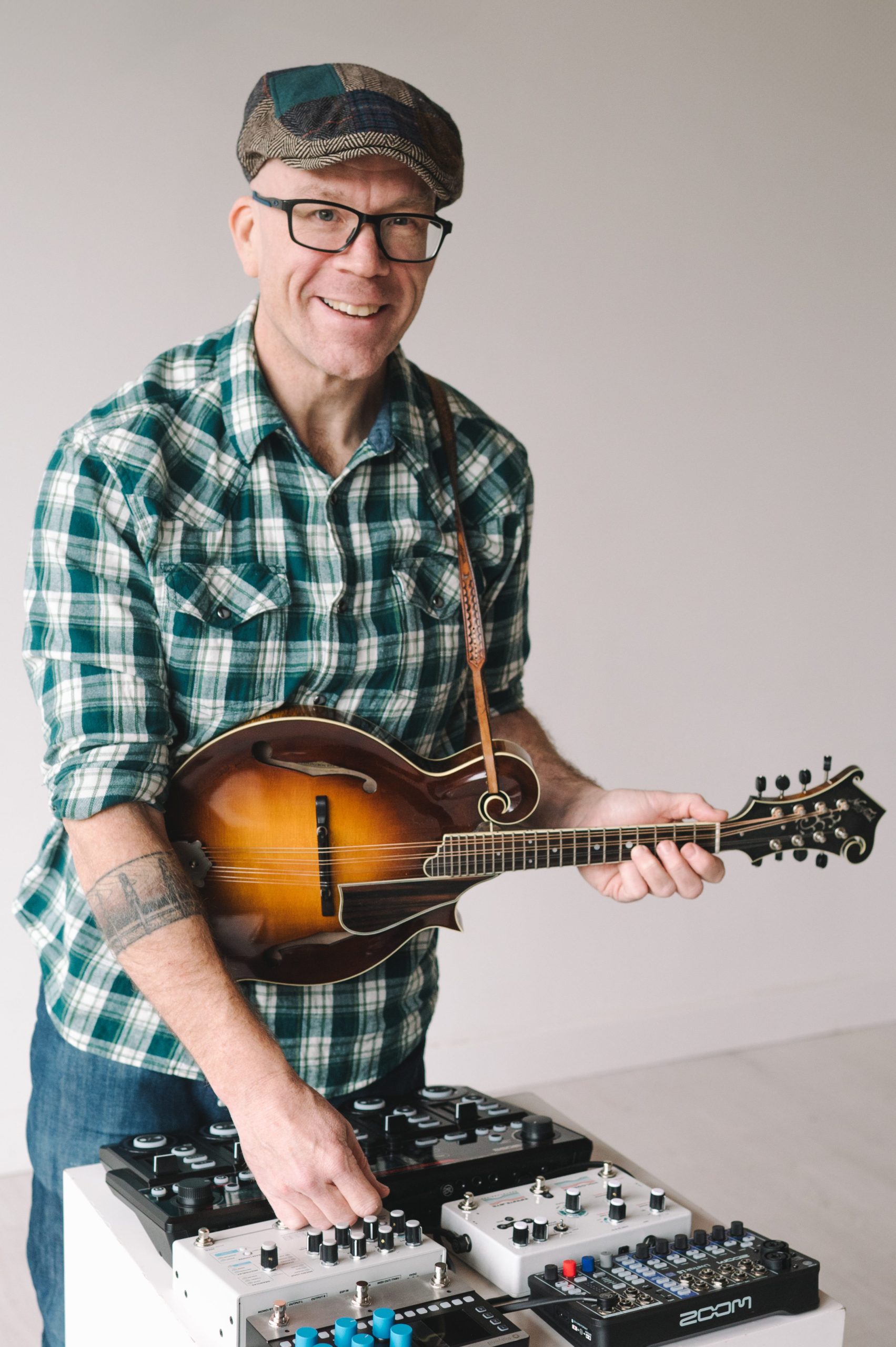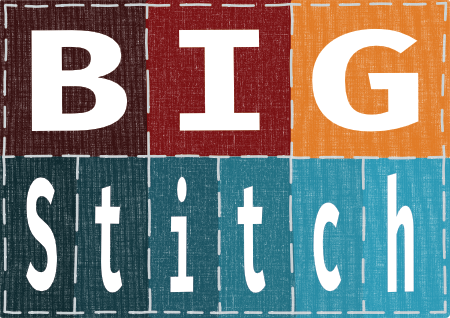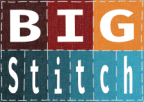
Send me an email at me@scottmiles.studio
Big Stitch creates musical quilts of indie folk, electronic music, and experimental audio. The music is a stitching together of folktronica, intelligent dance music (IDM), and microhouse done wtih digital processing and Americana instrumentation. Like all quilts, the sonic quilts of Big Stitch tell personal stories and represent timeless narratives. Big Stitch’s musical quilts are about people, rooted in place and community, working to shrink the big and empower the small through shared experience. Any Big Stitch track transports you to a location or situates you in someone’s experience.
Big Stitch is Scott Miles. Scott patches together decades of experience performing traditional music, folk rock, and alt-country with recent enthusiasm for the boundless possibilities of electronic music production. He is a multi-instrumentalist who can’t decide whether to pick up a mandolin, an octave mandolin, an electric octave mandolin, an acoustic guitar, an electric guitar, an electric tenor guitar, a banjo, a ukelele, an electric bass, a synthesizer, or a drum machine.
Big Stitch’s inspiration draws on the aesthetics and methods of electronic music pioneers like Four Tet and Bonobo while maintaining an instrumental core like folk experimentalists Tunng and Psapp. Big Stitch textures music with personal field recordings and found sound (often spoken word)—a process cut from a cloth similar to Matthew Herbert, Leafcutter John, and The Books. A Big Stitch track sits comfortably alongside experimental roots artists like Juana Molina (minus amazing vocals), Tycho, and Kr3ture, where electronic production enhances rather than obscures the soul of emotionally played stringed instruments.
Big Stitch’s musical exploration is born from asking questions like these: What if Bob Dylan didn’t just go electric, he went electronic too? What if John Hartford didn’t just master acoustic instruments; he also mastered synthesizers and drum machines? What if Four Tet played the acoustic instruments in his tracks and didn’t just sample them? What if Daft Punk sampled Appalachian and Celtic music in addition to disco and funk? What if Brian Eno’s musical beginnings started with traditional Celtic and East Anglia folk music rather than R&B, blues, and doo-wop?

